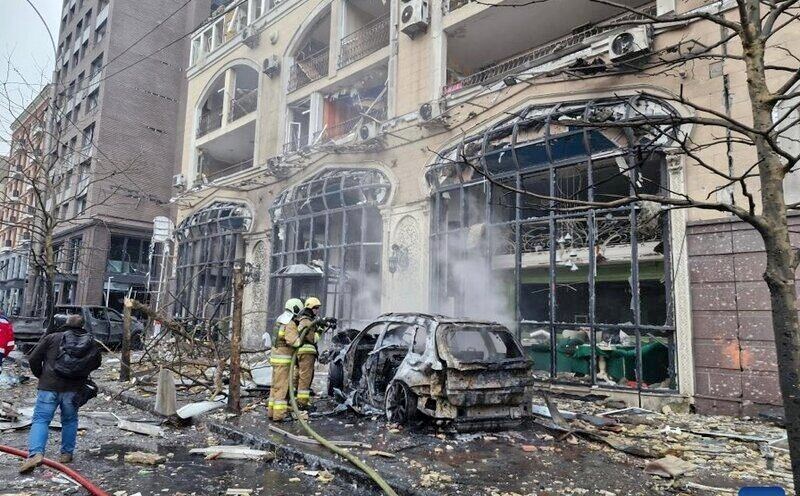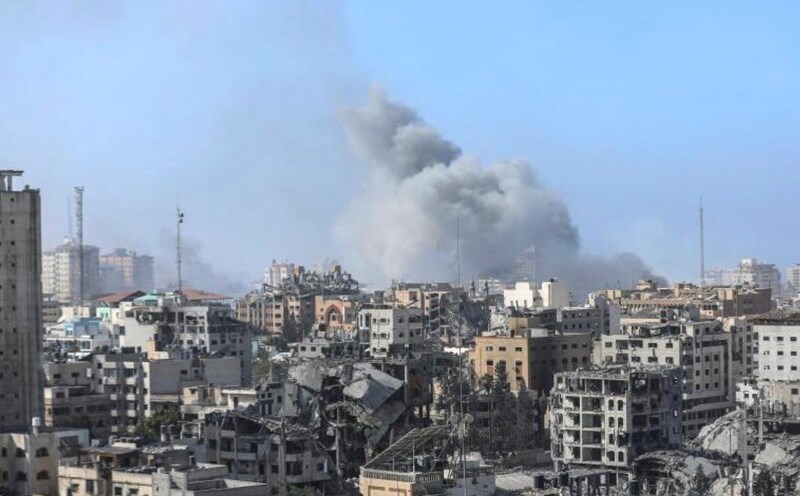Yemen's Houthi Prime Minister Ahmad Ghaleb al-Rahwi was killed in an Israeli airstrike on the capital Sanaa last week. According to Mahdi al- Mashat, Chairman of the Houthi Supreme Political Council, many other ministers also died and were injured in the incident.
Israel said the targets of the attack were the Chief of Staff, the Defense Minister and many senior officials of the Houthi government. Sources confirmed that the Minister of Energy, Foreign Affairs and Information of this force was among the dead. However, it is unclear whether Defense Minister Mohamed al-Atifi will be on the list.
Mr Rahwi was appointed as the Houthi prime minister a year ago, but in reality, power is largely in the hands of Deputy Prime Minister Mohammed Miftah, who was appointed to continue running government work after the airstrike. Rahwi was originally considered a symbolic figure, rarely participating in the core leadership circle of the Houthis.
Defense Minister al-Atifi, who runs the Houthi missile force, said the group was ready to face Israel. Mr. Mahdi al- Mashat - Chairman of the Houthi Supreme Political Council - affirmed in a television speech that the Houthis will take revenge.
Since the conflict in Gaza broke out in October 2023, the Houthis have repeatedly attacked ships in the Red Sea to show support for the Hamas movement and have launched many missiles towards Israel, most of which were intercepted. In response, Israel carried out many airstrikes in Houthi-controlled areas in Yemen, including the key port of Hodeidah.
Israeli Defense Minister Israel Katz described the attack as a heavy blow to the Houthis and affirmed that this is just the beginning.
Over the past year, Israel has carried out many assassinations targeting Hamas and Hezbollah leaders, significantly reducing the strength of these two organizations. The airstrike on the capital Sanaa, which killed the prime minister and many Houthi ministers for the first time, is seen as a new escalation in the region.












